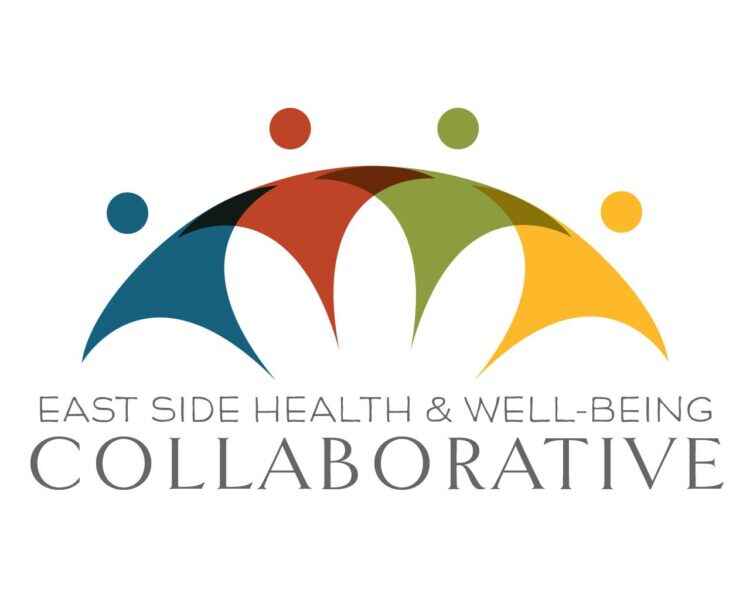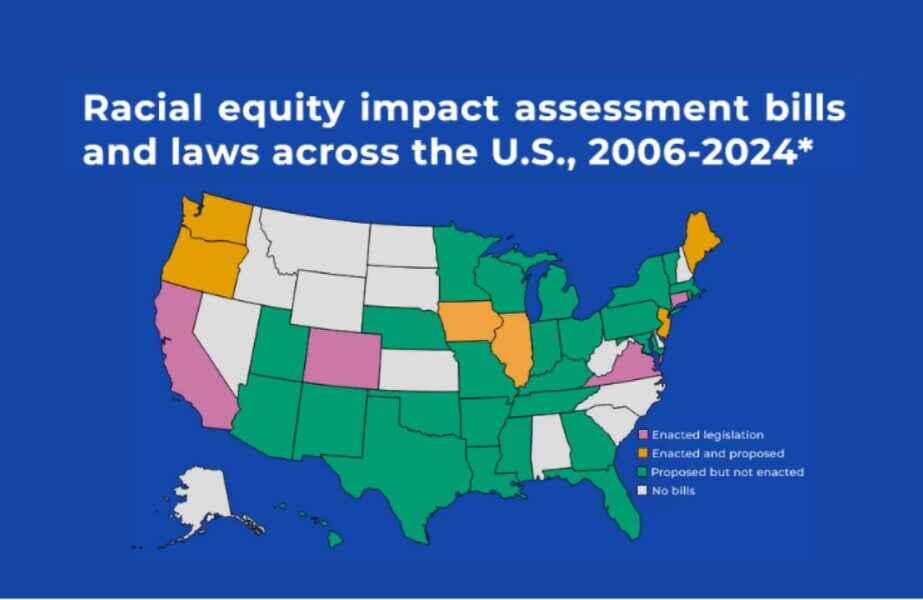
Unpacking Racial and Health Equity Impact Assessments: Legislation, Tools, and Strategies for Community-Centered Change
WebinarsRacism as a Public Health CrisisMechanisms for Advancing Health EquityMore and more state and local governments are using equity impact assessment processes for proposed legislation and other decisions to drive better, more informed decision-making. These processes frequently focus on racial and health equity impacts. They are designed to predict whether proposed policies are likely to create, perpetuate, mitigate, or reduce health inequities, creating opportunities for public awareness, engagement, and policy improvement.










